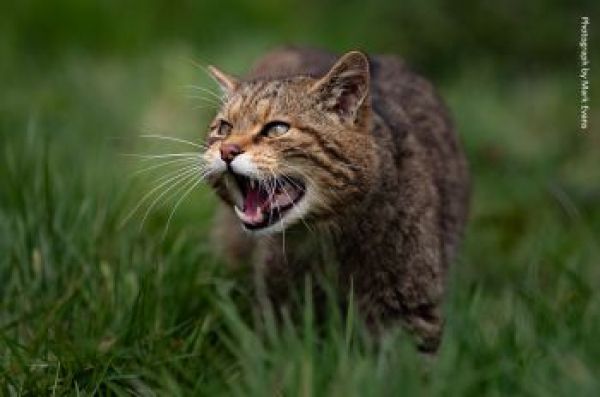A further five species are classified as “near threatened” – meaning that there is a realistic possibility of them becoming threatened with extinction in the near future, and four are “data deficient” – meaning that their conservation status is unknown owing to a lack of information.
The Red List for Great Britain was produced by the Mammal Society for Natural England, Natural Resources Wales, Scottish Natural Heritage (NatureScot) and the Joint Nature Conservation Committee.
Crucially, it has received authorisation on behalf of the International Union for the Conservation of Nature (IUCN) at a regional level. This is significant as it means that the threatened British species have been identified using the same robust, internationally agreed system that is applied to classify threats to species such as elephants and tigers.
Continue reading at University of Sussex
Image via University of Sussex


